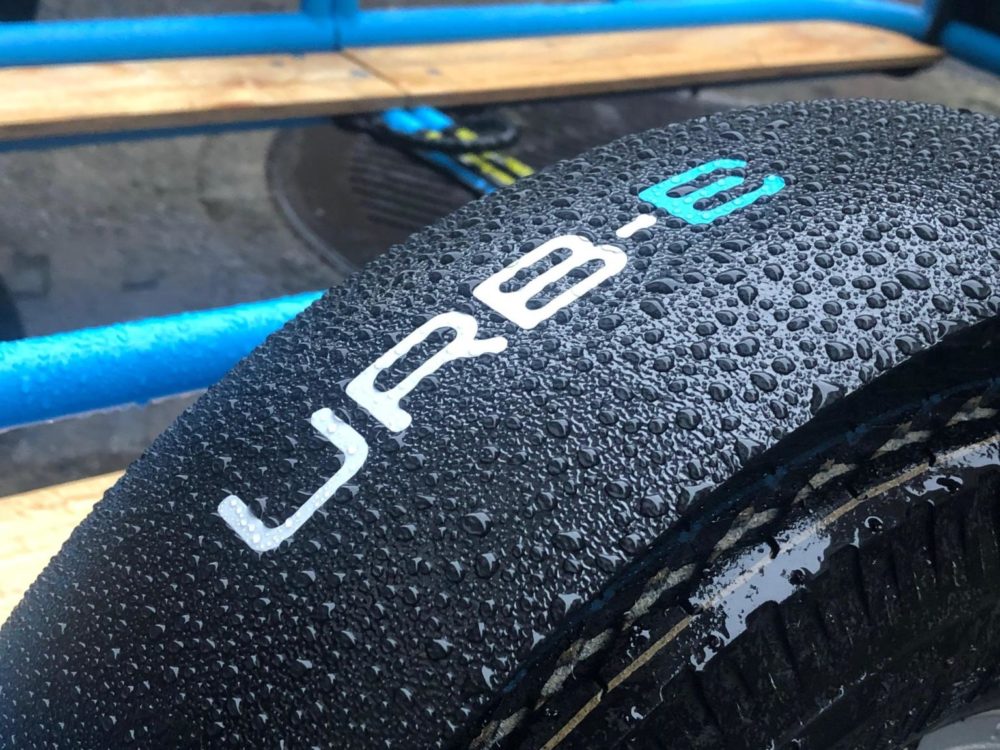Editor’s note: Manuel Gonzalez is a partner at AgFunder, which invested in on-demand delivery startup URB-E‘s Series A round that was announced last week. AgFunder is the parent company of AFN.
Last-mile delivery is painful: inefficient, polluting, and expensive. And I would know.
I started my first company, together with my sister, in our hometown of Guadalajara, Mexico in the late 1980s.
We wanted to deliver food directly to the homes of our clients, in a pre-internet age. Very quickly it became clear to us that small-package delivery was not a good business: we had learned that last-mile delivery could not be solved with late 80s-early 90s technology. It was, in a word, painful.
We eventually evolved towards wholesale deliveries in search of bigger and more lucrative orders, and sold that company in the mid 1990s.
Fast-forward to 2013, when I moved to the Bay Area and met Charles Jolley. I had recently been appointed as head of West Coast for Rabobank, and Charles was leading Platform and Android products at Facebook after selling them his previous company, Strobe. Charles soon left Facebook to co-found another company, Ozlo, which he also sold to Facebook! Meeting Charles and his Silicon Valley entrepreneurship ethos was one of those experiences that made me question my 20-year career in banking (and perhaps resulted in me joining AgFunder’s investment team earlier this year!)
We stayed in touch, sharing investment opportunities and bouncing ideas off each other from time to time. In Fall 2020, he told me about his investment in URB-E, a solution for urban last-mile delivery using collapsible containers and a local network of electric bikes.
As Charles told me about URB-E and its proposition to deliver capacity and convenience while leaving cities cleaner and quieter, I had a flashback to the 90s and my own delivery company in Guadalajara. I felt that familiar pain in my gut, but let him tell me more.
URB-E, Charles explained, was led by Sven Etzelsberger (chief technology officer) and Peter Lee (chief strategy officer). Sven had been a lead engineer at carmakers including Porsche, while Peter has enjoyed a long career in manufacturing in Asia.
The roll-on-roll-off containers they’d developed could replace an entire van, reducing emissions by 100% and increasing delivery efficiency by two to three times, Charles said. This could effectively turn the average $2 average loss per van delivery in urban settings into a money-making proposition.
Moreover, there was a massive estimated market that URB-E could potentially tap into. More than 40 billion parcels were delivered worldwide, excluding China, in 2019. The ‘last mile’ segment alone is worth over $100 billion, and is growing above 16% annually.
While parcel volume was already expected to reach about 200 billion by 2025, home delivery has become even more critical due to the Covid-19 pandemic, and estimated growth in that segment was over 50% in 2020.
All in all, the world needs to replace a significant portion of the 2 million gas-burning vehicles, particularly in urban settings, that currently serve the last-mile segment.
These numbers can not only make URB-E a massive company, but a quasi-utility.
In the end, Charles not only invested in URB-E; he joined as CEO.
Today, URB-E’s bicycle-powered, collapsible containers are commonplace around New York City. The startup has deployed a fleet of over 1,800 pedal-powered containers enabling fast and clean last-mile delivery for major retailers. It has moved more than 100,000 packages to date.
More than that, URB-E is developing a full-stack software solution that transforms it from being a hardware company to an infrastructure-as-a-service platform with significant network effects.
Beyond my experience back in Guadalajara in the 90s, the pain of last-mile delivery has also become more immediately clear to us at AgFunder because of our investment in e-grocery solutions like Jüsto, which serves highly-congested urban areas in Mexico City.
It was clear to us that we wanted to support an environmentally clean solution, growing at double digits, and able to increase the convenience of doorstep delivery of groceries and other goods. We are convinced that URB-E — led by a team with the experience and energy of Sven, Peter, and Charles — can unlock a huge market for both distributors and logistics.





